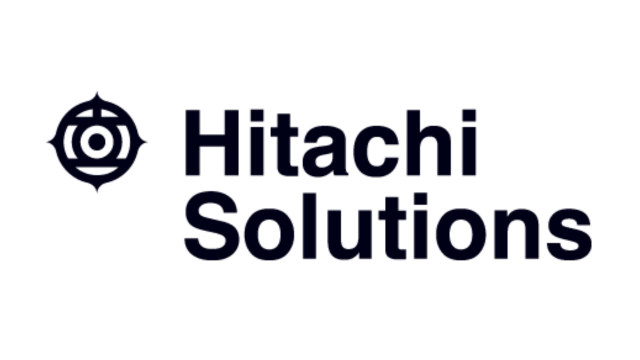
The Need for Balance
In today's fast-paced tech-driven world, the mantra "move fast and break things" has become synonymous with innovation and progress. Coined by Mark Zuckerberg, the CEO of Facebook, this phrase encapsulates the drive to push boundaries and bring about change. However, as technology evolves, so do the ethical and moral dilemmas it raises. Modern media has been relentless in exposing the immense knowledge and power held by top tech firms, who collect vast amounts of data on each individual, using it to influence behavior and potentially undermine our freedom and sense of self.
The Big Data Conundrum
The data amassed by some tech giants is staggering – over 5,000 data points per person. This means these companies might know us better than we know ourselves. Consider this: if handed a piece of paper, could you jot down 5,000 things about yourself? What's even more disconcerting is the intimacy of the data being collected. Think about smartwatches monitoring your physical well-being, tech devices tracking your sleep patterns, and online banking systems documenting your purchase history.
While this data can be useful in our daily lives, helping us make informed decisions about our health, sleep, and finances, it's essential to understand what happens to this information beyond its immediate benefits. This data is sold or stored by companies, which can construct detailed profiles of who we are and subtly influence our behavior. We may believe we have complete autonomy over our choices, but the loss of our internal data may already be shaping our decisions.
Reclaiming Individuality
As our reliance on smart devices and platforms grows, we risk moving toward a world devoid of self-expression and personal judgment, which is far from what it means to be human. Each data point collected represents a piece of our identity that is increasingly falling under the control of tech companies, eroding our ability to define ourselves. It's not an exaggeration to say that this is a critical juncture in our digital journey.
Leading by Example: Microsoft's Stand
It's crucial not to generalize all tech firms. Microsoft, for example, has taken a commendable step by advocating for greater regulation of big tech firms, including themselves, with a primary focus on preserving freedom (see link below article). Microsoft's stance has initiated a much-needed conversation on this issue, which is gaining momentum and challenging tech giants to rethink their practices. Microsoft is also setting an example by offering transparency with tools like System Centre Data Protection Manager, ensuring user data is secure, recoverable, and accessible. Shouldn't all tech companies involved in data harvesting follow suit? Absolutely.
However, criticism is inevitable. Some argue that Microsoft's stance may be self-serving, as they might be less affected than other firms. Regardless of this, such debates reveal the gravity of the issue. Microsoft's willingness to prioritize basic human rights and principles over business objectives shows their commitment to data protection best practices.
The Road to Reform
While it's challenging to predict the precise nature of reforms, the conversation surrounding data protection and privacy is necessary. The collection and use of our data have undeniably brought benefits and convenience to our lives, such as personalized shopping recommendations and tailored digital experiences. Stricter regulation may limit these aspects, requiring us to make more choices ourselves.
However, the trade-off is worth it. With stricter regulations, we regain control over our personal data, thwarting the manipulation by tech giants. This newfound control and transparency allow us to share data with companies in a way that suits us. It's crucial to understand our data, how it's sold, and how it's used before any reforms take place.
Conclusion: A Call to Action
In conclusion, it's essential to stay focused on the steps necessary to address this issue. Microsoft's advocacy is a significant stride in the right direction. Their authoritative voice carries weight, especially within the context of this central issue. Other tech giants should follow suit. Beyond the humanitarian aspect, the damage to their public image is becoming increasingly apparent. As popular media continues to shine a light on this deeply personal issue, public opinion is shifting, demanding change. The time for reform has never been more critical.



